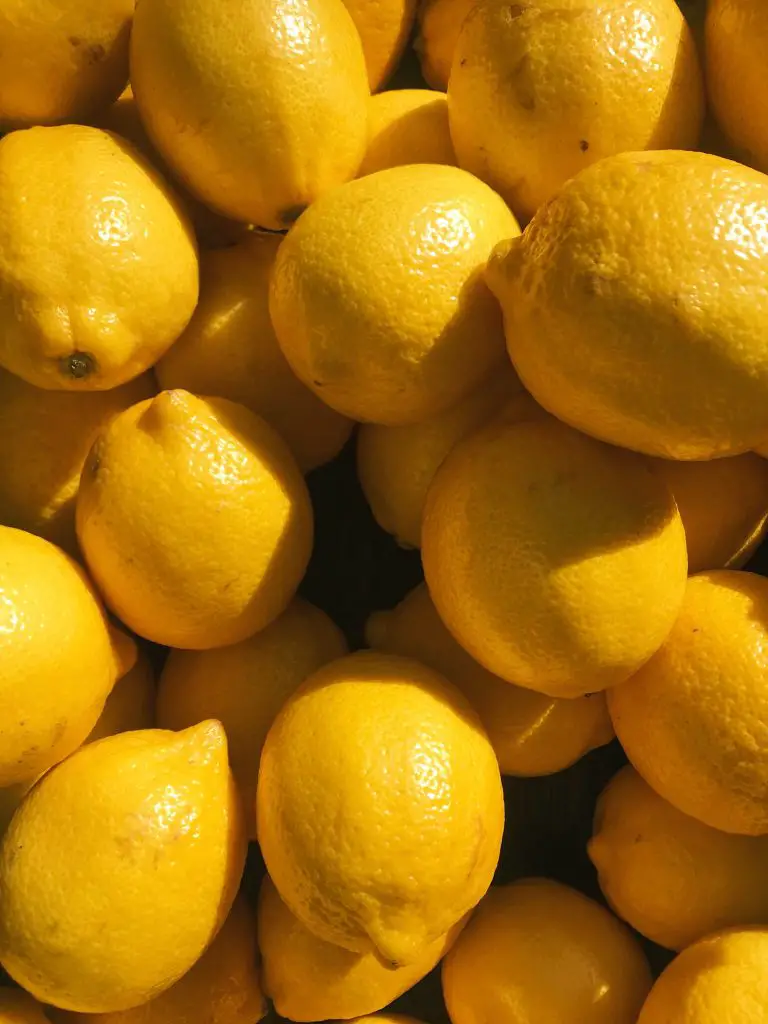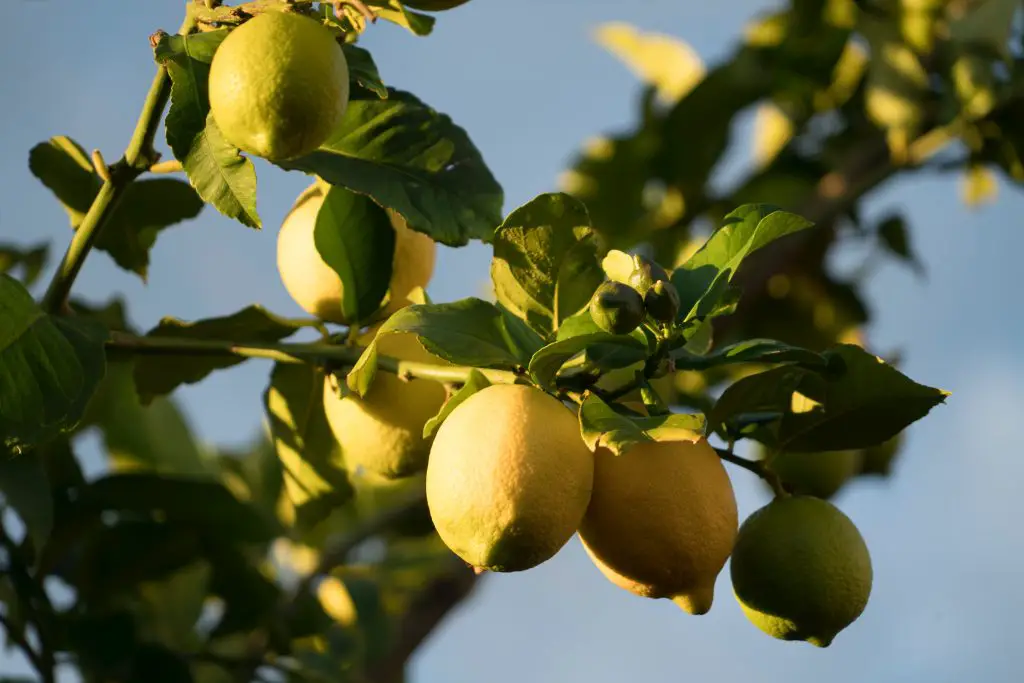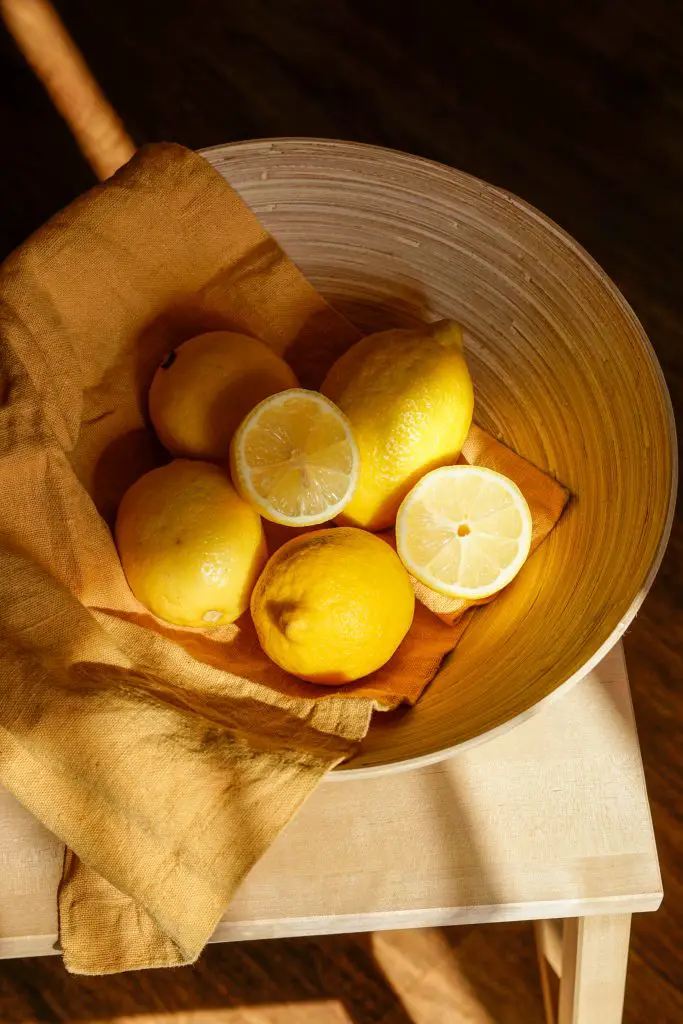Can You Plant Seeds From A Store Bought Lemon? Lemons are a popular fruit that is used in cooking a lot, but individual fruits at grocery stores are relatively expensive so many people like to grow their own lemon trees at home. However, can you take seeds from store-bought lemons and grow a lemon tree?
The seeds from store-bought lemons can be used to grow a new lemon tree. However, producing a fruit tree via this method has some significant downsides to it. The first of these is that growing a tree from seeds will take an extended period of time usually between 5 to 10 years before you see any fruit. Additionally, when the plant does produce fruit it is not necessarily going to be the same type of fruit that the seed originally came from.
The reason that the lemon tree may not necessarily produce the same type of fruit is that the flower that produced the fruit would have been cross-pollinated by different varieties. This means that the genetic makeup of the seed that you planted will not be identical to the parent plant which can produce unexpected results.
Given the length of time that the tree will take to grow before it produces fruit and the uncertainty associated with the quality of fruit that you going to get we generally do not recommend that you do grow a tree from store-bought lemons. It is far better to purchase a lemon tree from a garden centre which will fruit within a year or two and will give you exactly the fruit that you were expecting.

How Are Lemon Trees Produced Commercially?
Most fruit trees that are sold commercially in garden centres are grafted which means that cutting, from a known lemon variety, is attached to a rootstock with the suitable properties. The vast majority of plants that are sold commercially to the general public are put on a grafting rootstock which means that it limits the size of the tree making it more suitable for domestic properties.
Additionally, the use of a cutting from an existing tree ensures that the top of the tree is genetically identical to the tree it came from ensuring that you get the fruit that you’re expecting. And while most trees that are sold commercially have a single graph there is no reason why there cannot be more than one graft on the same tree.
So if you have a really small space at home and you want both lemons and limes, for example, you can get a single tree that grows both fruits if you purchase a plant that has a double graft. However, it is important to note that rootstock needs to be similar to the graft material. For example, you cannot graft a citrus and apple tree onto the same rootstock.

Which Is The Best Type Of Lemon To Purchase?
There are three major types of Lemons which are commercially available; Eureka, Meyer, and Lisbon. All of these three trees will produce lemons that are suitable for growing at home, however, each tree does have some advantages and disadvantages.
The Eureka is a variety that first appeared in the 1850s in California. It is medium-sized tree that produces a fruit that has very few seeds year round. However, it’s heaviest cropping period is usually from spring through too early summer. It is also a thornless variety which means that it is an easier plant to handle for the home gardener.
However, the limitations of this variety are that it is more cold sensitive than other lemon varieties and it is not as resistant to insects. Additionally, it does produce a little less fruit than the Lisbon variety, however, for most gardeners, a single lemon tree will produce well above their daily needs so this is usually not a major drawback.
The second really common variety is the Meyer tree which is actually not a true lemon. It is actually a hybrid between an orange and lemon and generally has a less acidic flavor than the other varieties mentioned in this article. Like the Eureka variety the trees are also thornless but only fruit in winter and spring. Additionally, the fruit that is produced is generally smaller than other fruit varieties.

The Lisbon variety is a tree that was developed in Spain and Portugal and has a very similar shape and size fruit to the other lemons. It usually produces fruit in late winter and late spring but it is relatively thorny compared to the other two varieties. Additionally, the tree is usually a little bit larger making it less suitable for home gardens. But on the positive side, it is more tolerant of hot and cold conditions.
In terms of the varieties that I have in my own garden I have both Eureka and Meyer lemons. However, if I had to choose just one tree to put into my garden it would have to be the Eureka variety because of its ability to fruit year round.
Is There Sweet Lemons Available?
Another variety that is a really interesting fruit to grow is the lemonade variety which is a plant that I also grow in my garden at home. It produces beautifully sweet fruit that I rate as being my favorite citrus fruit so it is one that I would highly recommend that you give it a go if you can find it in your area. It is not that suitable for cooking, however, you can eat the fruit straight off the tree and it is delicious.
I hope you found this article useful and have great success growing your lemon trees at home, if you have any additional questions or comments please leave them in the section below.
Relevant Articles
Can You Espalier A Lemon Tree?
How Much Fruit Does A Lemon Tree Produce?
Can I Leave My Lemon Tree Outside In Winter?
What Is The Lowest Temperature A Meyer Lemon Tree Can Tolerate?
